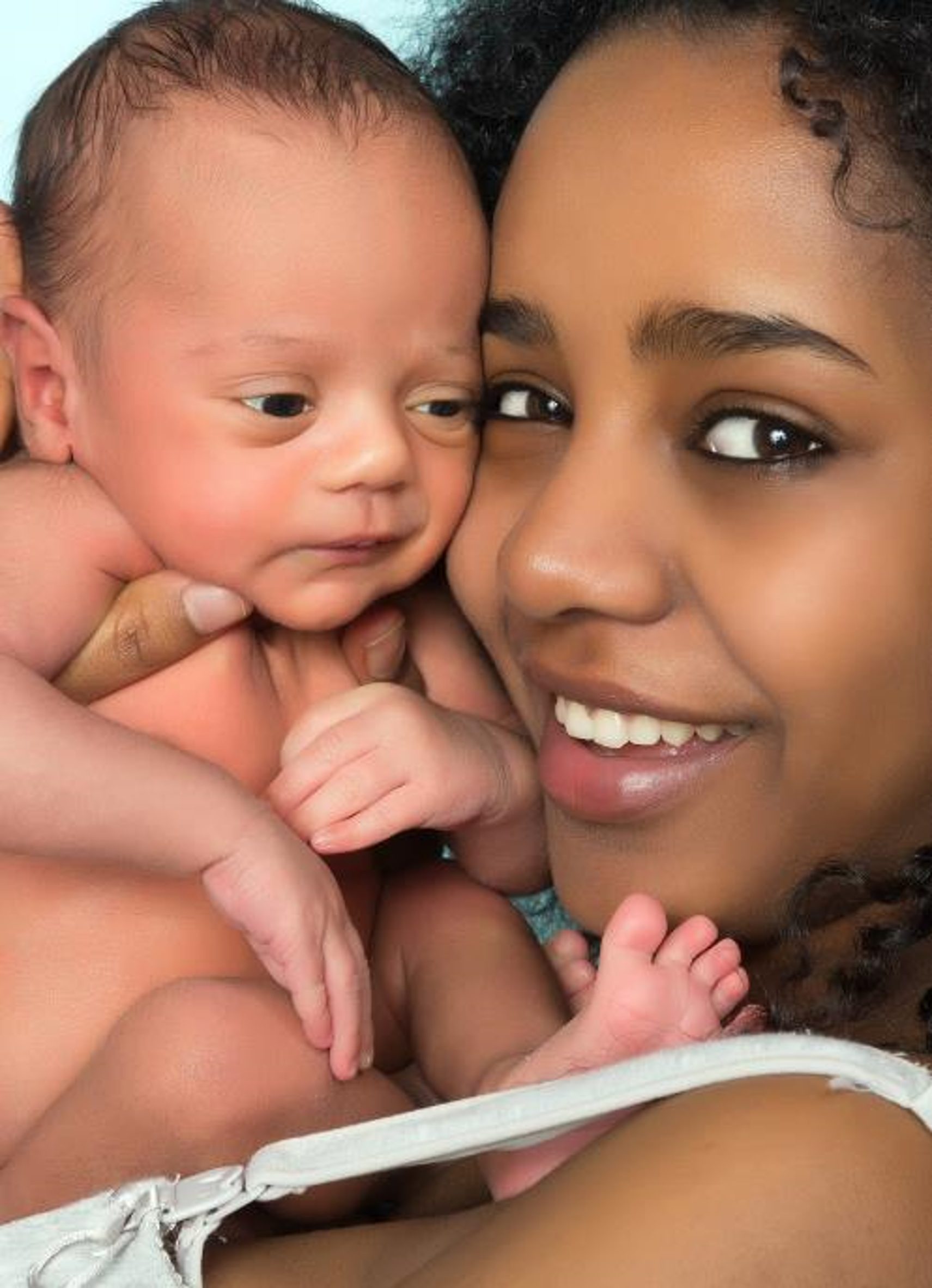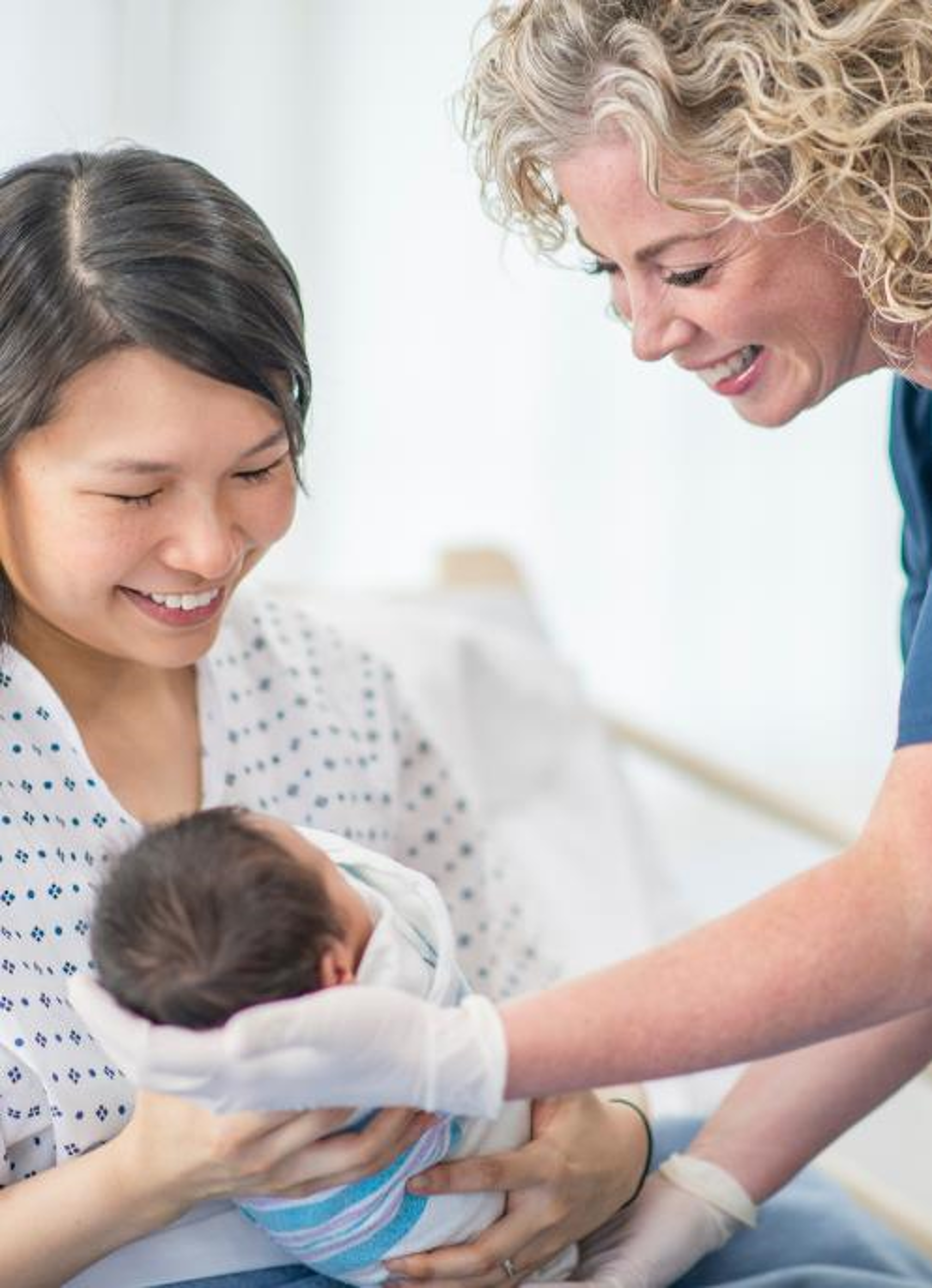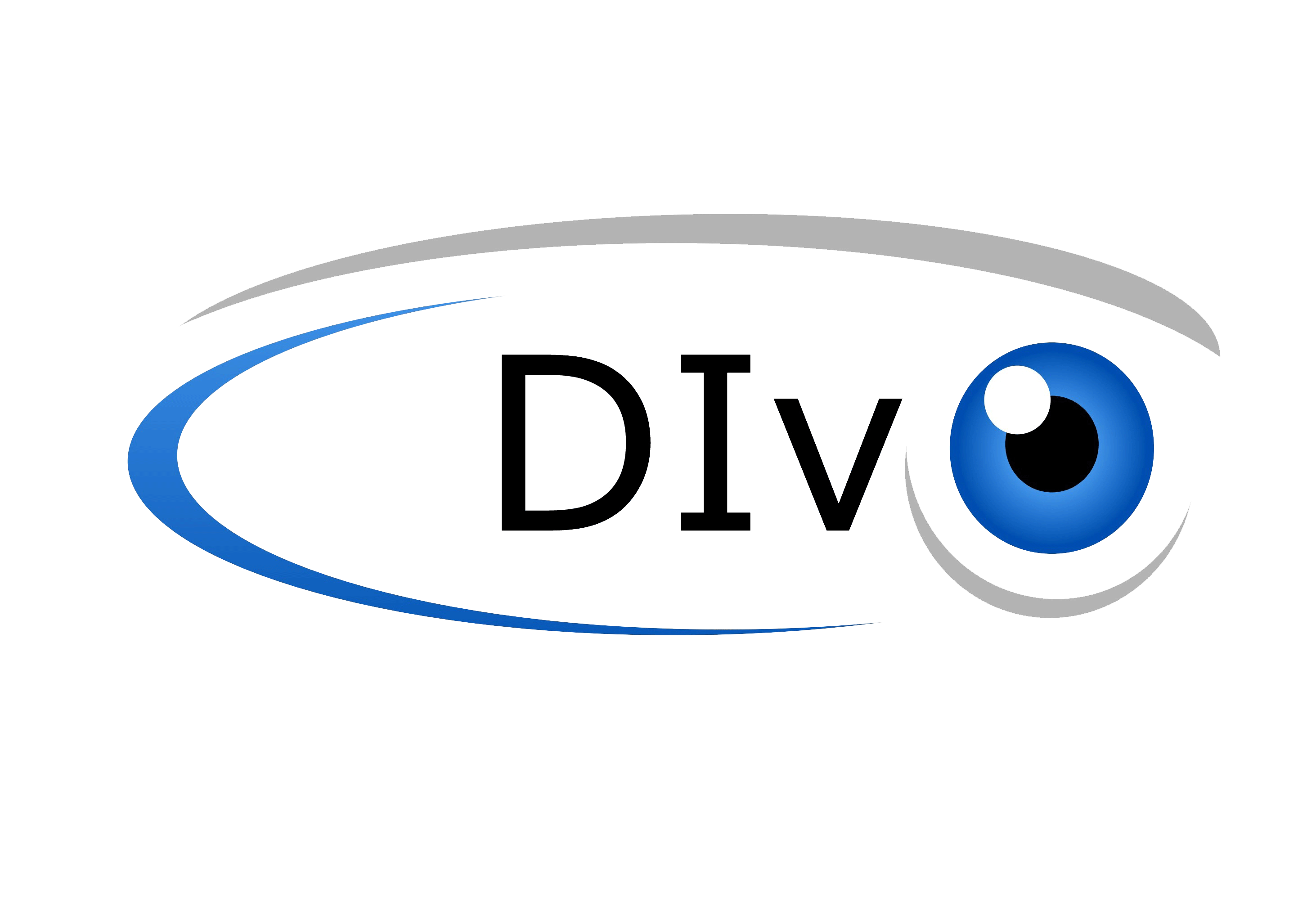INFORMATION FOR PARENTS ..
If you are interested in taking part in the DIvO Study, please check if your maternity unit
is participating in the study and read the patient information leaflet.
Download the patient information leaflet in your language:
 What should I expect if I agree to take part?
What should I expect if I agree to take part?
If you have enrolled in the study antenatally, the clinical team on the maternity ward will check that you are still willing to take part once your baby is born. Your baby will still have the standard screening test but, in addition, your baby will have photoscreening with Neocam. This is completely painless and only takes a minute or two at the bedside.
 What are the potential risks and benefits to taking part?
What are the potential risks and benefits to taking part?
There is no risk to your baby from the digital imaging. Neocam has been thoroughly safety checked to the standards required by the Medicines and Healthcare products Regulatory Agency (MHRA) and used in more than 20,000 children without any adverse effect.
There is a possibility that the results from the standard screening test and photoscreening with Neocam may differ. If either screening test suggests there may be an eye abnormality, your baby will have a specialist review. Having photoscreening in addition to the standard test may improve the chances of a treatable abnormality being detected but might also result in an unnecessary referral to a specialist.
 How will the information about me and my child be used?
How will the information about me and my child be used?
Your baby’s eye images and research information will be given a study code number so that people who do not need to know will not be able to see your baby’s name or contact details.
All information about you and your baby will be kept safe and secure. Once we have finished the study, we will keep some of the data so we can check the results. We will write our reports in a way that no-one can work out that your baby took part in the study.
Please see the patient information leaflet for more details about data protection.
Who should I speak to if problems arise or I decide I want to withdraw my agreement to take part?
After enrolment, you will receive a copy of the patient information and consent form which will have the contact details for your local research team. If you wish to withdraw from the study, please use the contact form on this website or email the study team at add-tr.divo@nhs.net.
After enrolment, you will receive a copy of the patient information and consent form which will have the contact details for your local research team. If you wish to withdraw from the study, please use the contact form on this website or email the study team at add-tr.divo@nhs.net.
